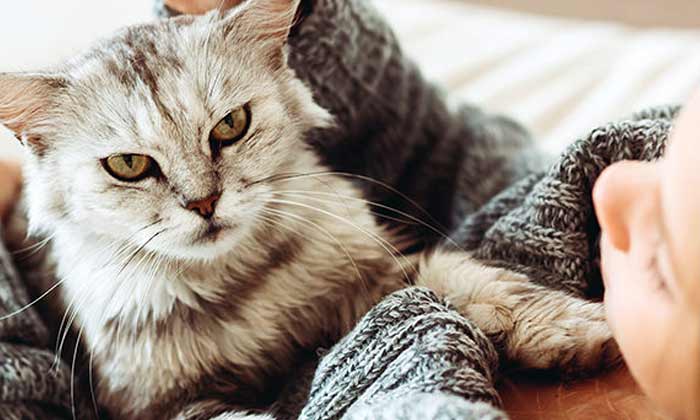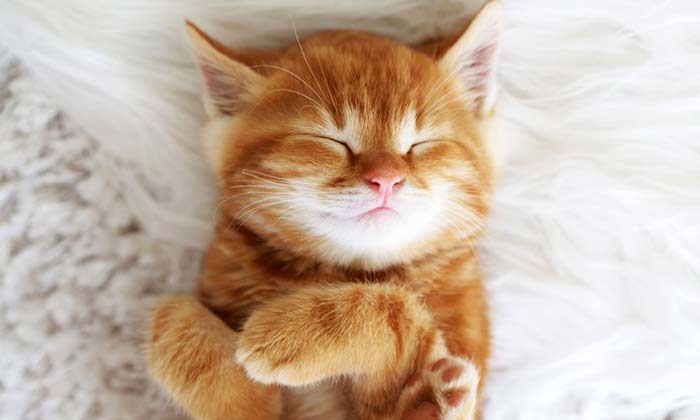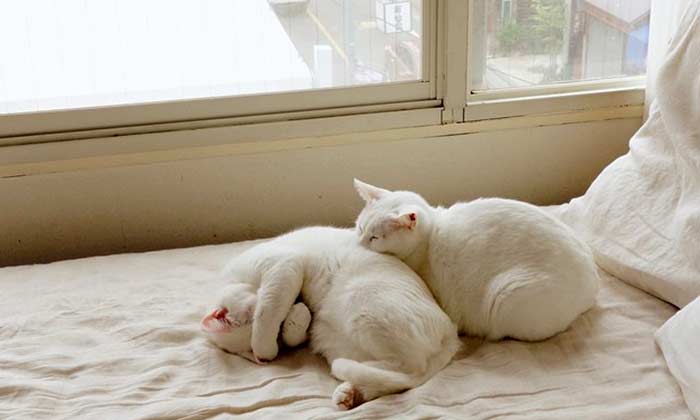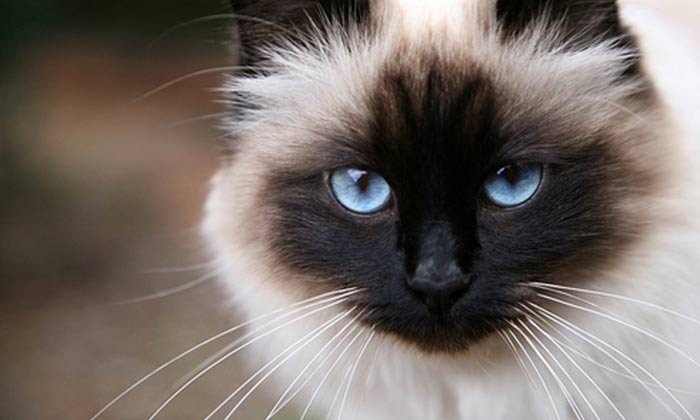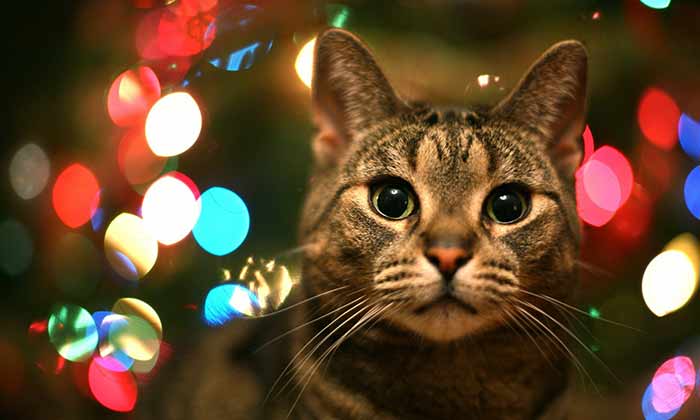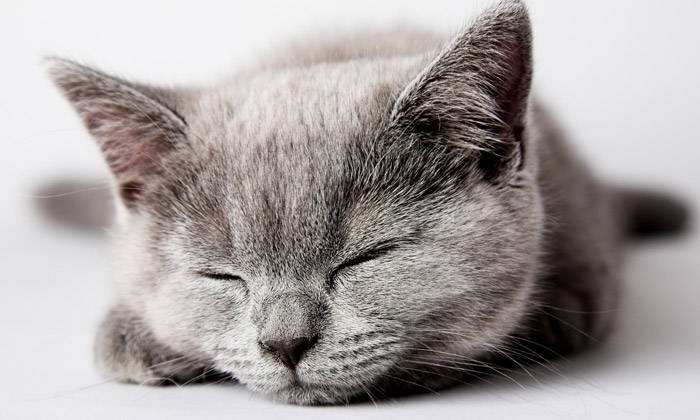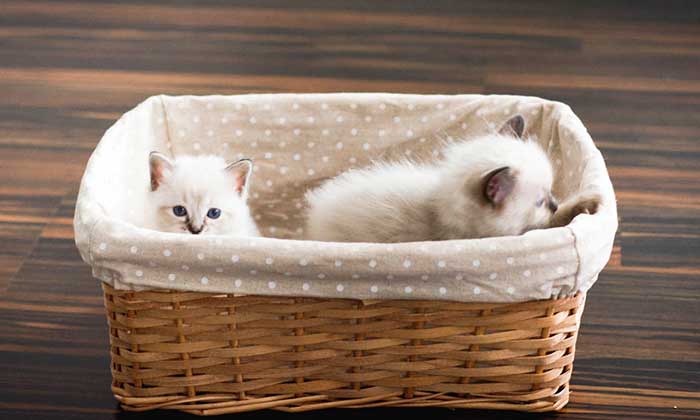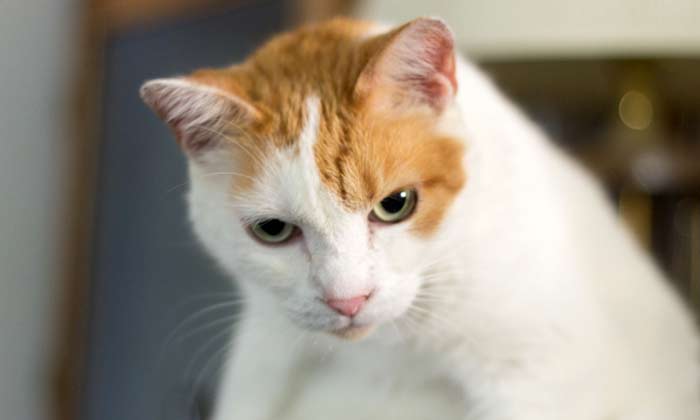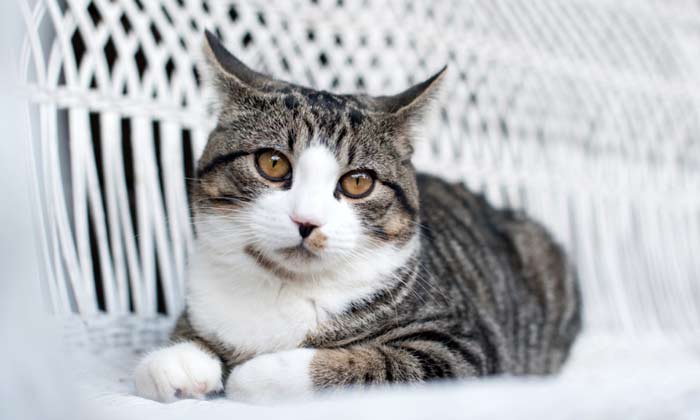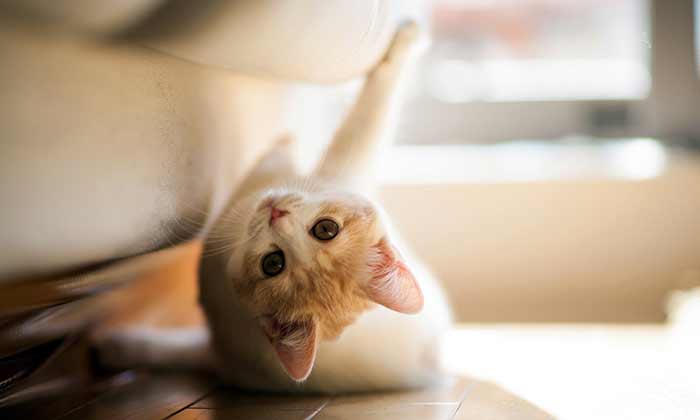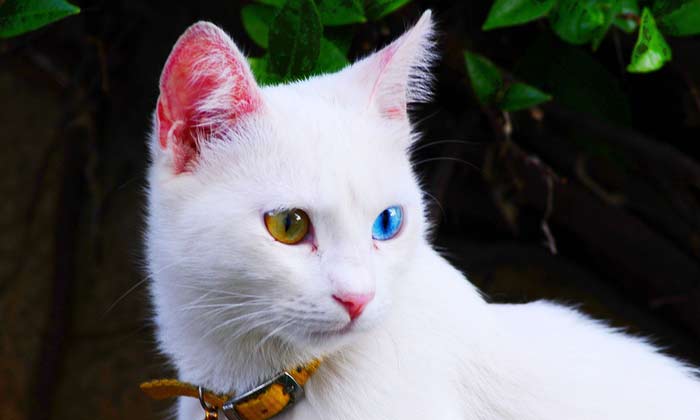How To Tell if Your Cat Is Pregnant
You ask yourself how to tell if your cat is pregnant? Understanding pregnant cat behavior is a little easier once you know the gestation period of a cat, and what to expect during each of the weeks. Once a cat has conceived, it will display different behavior of pregnant cats for an average of 65 days.
The behavioral changes in pregnant cats do not vary so much from those of humans, just that they happen over a shorter period of time, and require one to be very observant. If you are not alert, you may miss the pregnant cat behavior and suddenly find your cat in your linen closet with a litter of kittens.
How To Tell if Your Cat Is Pregnant With 5 Pregnant Cat Behavioral Signs
1. Change in Appetite
Behavioral changes in pregnant cats affect their appetite. For the most part, their appetite will increase. If your cat is still hungry after completing their normal ration of food, she may be pregnant. Morning sickness is pregnant cat behavior that may plague your cat, but only for a couple of weeks. During this time her appetite may reduce significantly.
2. Lethargy and Irritation
The behavior of pregnant cats will vacillate between affection, irritation and lethargy. Your normally active cat will spend a lot more time sleeping, and she will be very calm and quieter than usual. The display of irritability in your cat is one of the less pleasant behavioral changes in pregnant cats. One minute she will be looking for attention and then if you handle her too much, she will get irritated.
3. Swollen Abdomen and Enlarged Nipples
A distended belly and larger nipples do not qualify as pregnant cat behavior, but they are some of the signs that will alert you to the fact that your cat may be pregnant and is not just growing fat and comfortable. About three weeks after conceiving, your cat’s nipples will enlarge and turn pink.
 4. Desire For Privacy
4. Desire For Privacy
The desire for privacy is a behavior of pregnant cats that will cause them to withdraw and want to be alone. Your cat knows that soon it will require energy to deliver and take care of kittens and tries as much as possible to preserve its energy.
5. Nesting
Restlessness is expectant cat behavior that signals the nesting phase of pregnancy. This occurs closer to the time of delivery when your cat will start looking around for safe, hidden and comfortable places where she can have her kittens. The key to spotting this pregnant cat behavior is the disappearance of your cat for long periods of time only for them to be discovered in a secluded place.
Managing Pregnant Cat Behavior
Once you confirm that your cat is pregnant, you can anticipate and manage the varying behaviors of an expecting cat. Not too much is required of you when your cat is expecting other than to let it be, and ensure that it is comfortable and well fed. Follow her lead and give your cat attention when it is requested. If you find her sleeping or hiding away, ignore her and go on with your tasks. In a few weeks, once she has delivered her kittens and they have matured a little, she will be back to her normal playful self.

